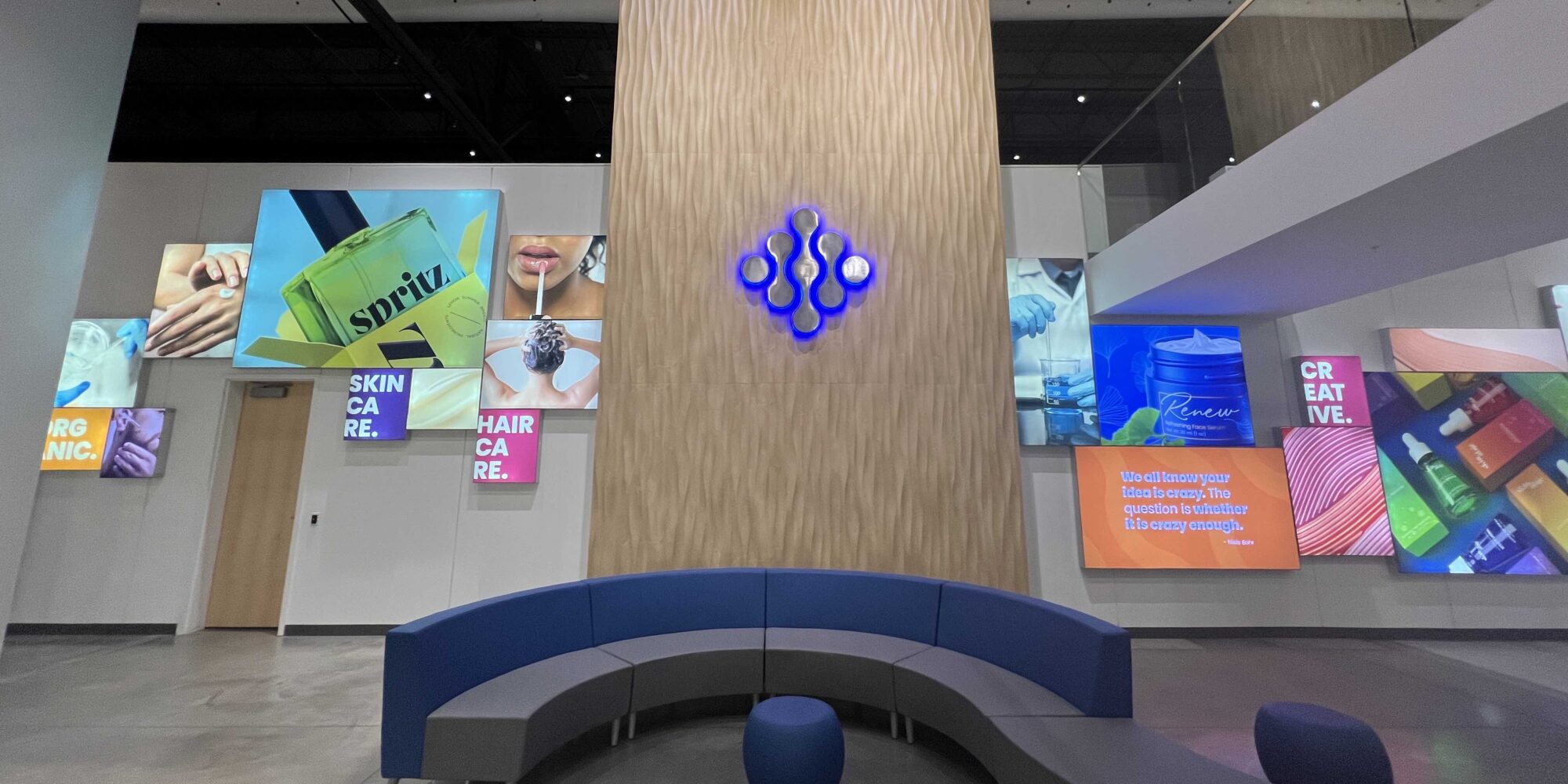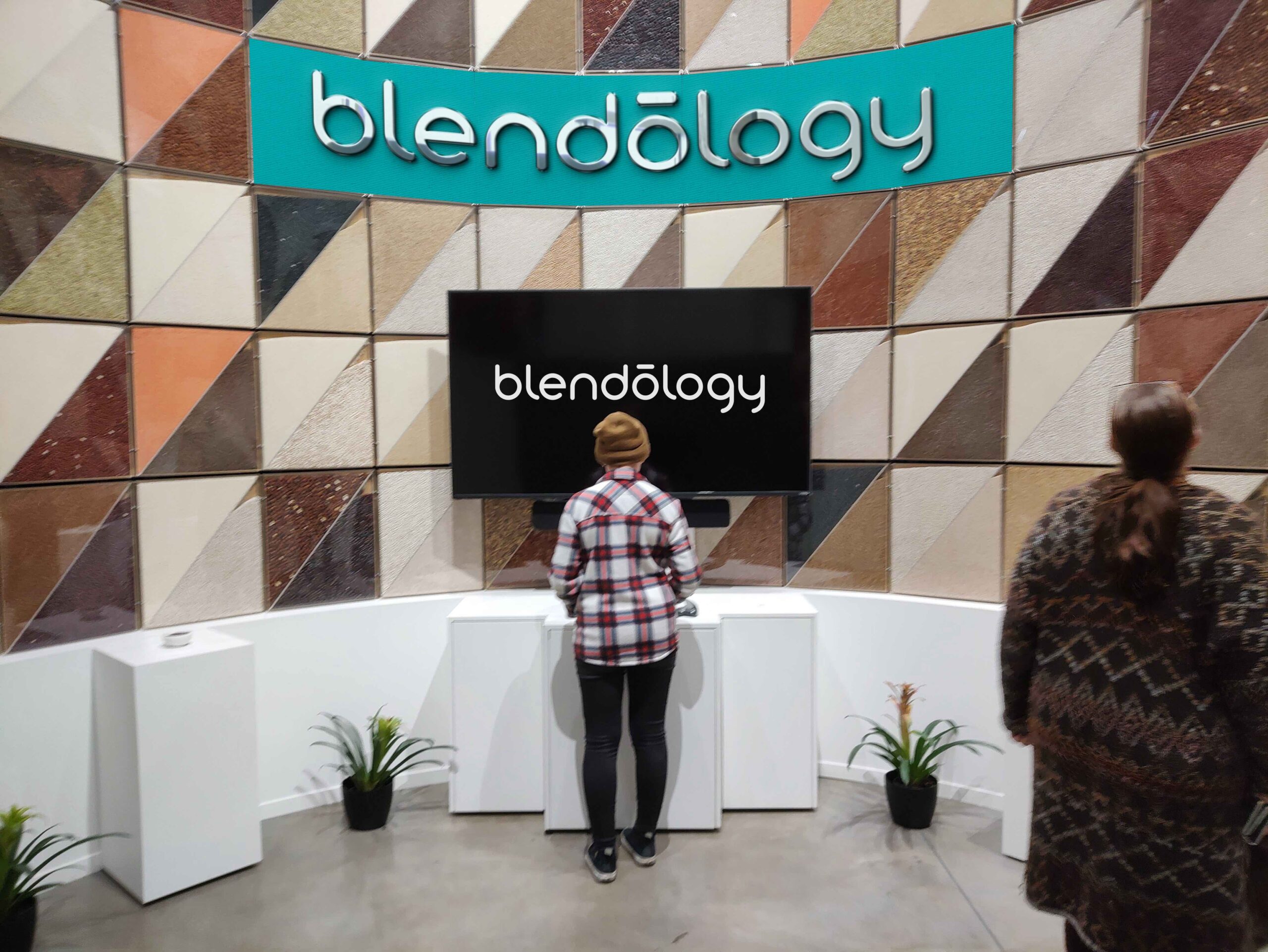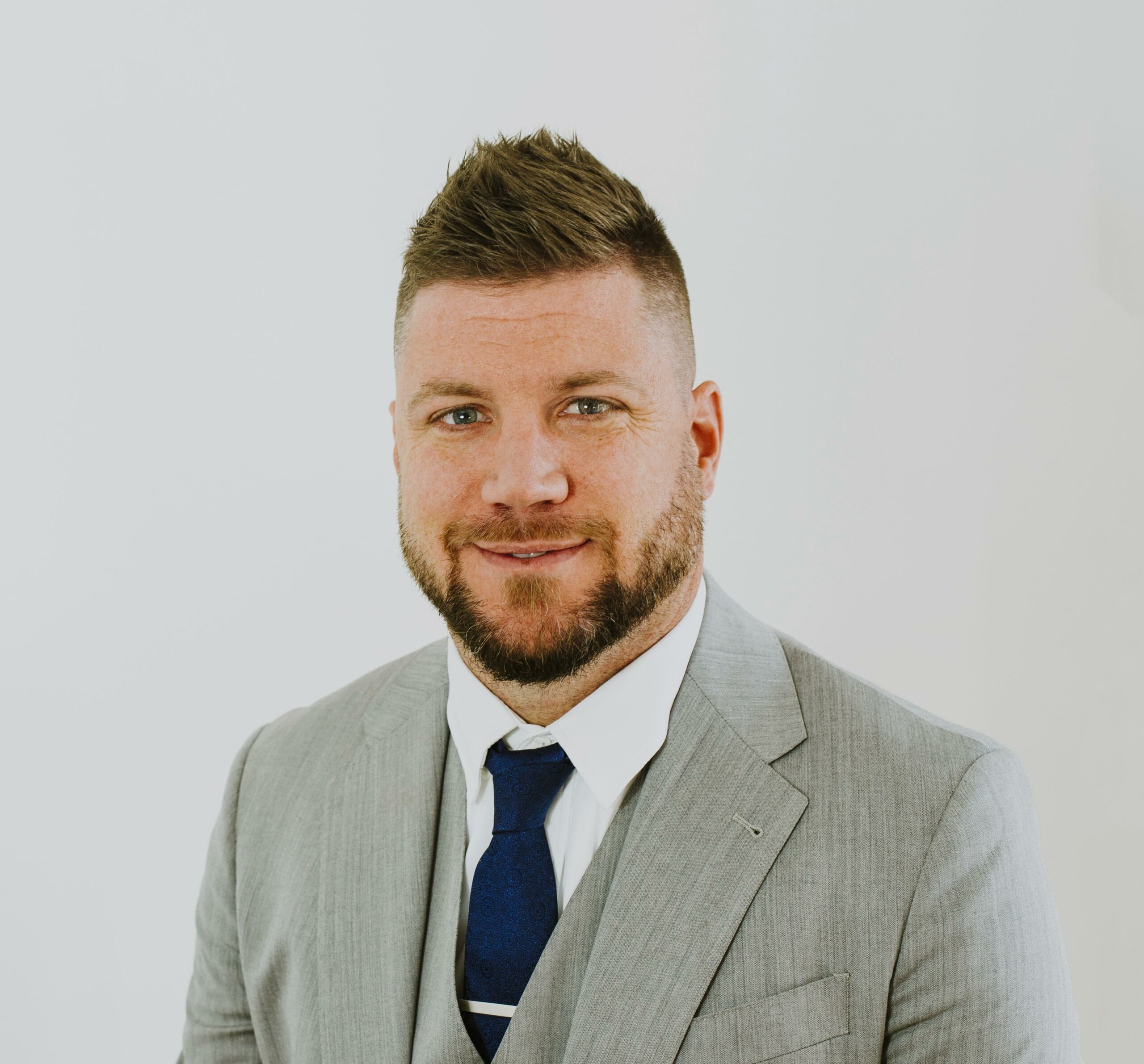
Contract Manufacturer Dynamic Blending Showcases Its Sustainability Capabilities As It Expands And Upgrades Facilities
Turnkey contract manufacturer Dynamic Blending is increasing the size of its facilities by 60% to 133,000 square feet, pushing into new product categories and showcasing its sustainability capabilities.
Started in 2015 in co-founder and principal Jordan Erskine’s roughly 400-square-foot basement, the Vineyard, Utah-based company’s expansion will bring it to 14 production lines, up from six, and the ability to produce as many as 3 million units per month at full capacity, up from roughly 700,000 units per month at full capacity. Over the last three years, its revenues have shot up more than 600%, and they could as much as triple or quadruple in the next few years with the expansion.
“Not a lot of other manufacturers could say that given the supply chain,” says Erskine. “At the size we’re growing, we are over-expanding because we are talking to brands that are in Target and Walmart, and we want to make sure we are ready for them when they want to pull the trigger.”
As it expands, Dynamic Blending has also added a so-called Blendology Experience Center to highlight its sustainability proficiencies, six conference rooms, 65 workstations, 2,300 pallet locations in its warehouse, and an in-house quality control lab. Robotic arms that sense label and QR code placement, among several functions, are being installed by the end of the year to improve efficiency. Overall, the expansion is slated to be completed by the first quarter of 2023.

The Blendology Experience Center contains a seed wall that’s 20 feet high and 17 feet wide, a television featuring sustainability initiatives and six product sample displays. It presents sustainable packaging and ingredient advances to Dynamic Blending’s visitors. Today, Erskine estimates 70% to 80% of Dynamic Blending’s business has an aspect of sustainability.
“As the market shifts, it puts pressure on everybody to find [sustainable] alternatives,” he says. “For us as the manufacturer, we have to be at that cutting edge or otherwise we get passed up by competitors.”
Dynamic Blending currently has 300 clients. Prior to the pandemic, it had around 400 clients, but the client roster shrunk as brands shuttered or Dynamic Blending opted to let them go because they didn’t demonstrate they could amplify their reach or pay long term. Erskine believes the company can easily attain 400 clients again.
At the moment, Dynamic Blending is running at 30% to 40% of full capacity. It didn’t bump up its minimum order quantities (MOQs) following the pandemic. They’re mostly 1,000, but can hit 2,500 for small items. The company handles production across a wide variety of beauty categories, including personal care, skincare, haircare, CBD, oral care and over-the-counter drugs like fluoride toothpaste. Erskine identifies indie oral care as an opportunity for brands, and Dynamic Blending has jumped into cologne and perfume production to capitalize on the hot fragrance category.
“In five years from now, we could have a portfolio of 30 different companies, but one thing we will never do is create products to sell against our clients.”
“Really the only manufacturers up until this point have been the big dogs that do Taylor Swift and Calvin Klein,” says Erskine, referring to fragrance manufacturing. “Nobody was really servicing the turnkey mom and pops.”
Dynamic Blending has worked hard to help its clients secure products amid supply chain challenges. If necessary, it’s swapped out certain ingredients and packaging sourced from abroad—it sources ingredients from 40-plus countries—for ingredients and packaging from domestic vendors, and assisted brands with forecasting to ensure they obtain the right amount of inventory by their deadlines. Still, as a result of raw material price hikes, costs have escalated for brands. Erskine figures the price for a unit of a standard serum has risen a dollar or two since the pandemic began.
Discussing lead times, Erskine says, “Right now, we have a very strict 30-day rolling schedule. If we have everything in-house, packaging and raw materials, you can usually get on the schedule within four to six weeks. It’s a 12- to 16-week lead time if you are waiting on packaging and materials. For the most part, we haven’t seen huge delays on raw materials.”
Investment firms has been active in the contract manufacturing space. This year, for instance, private equity-backed manufacturer Cosmetic Solutions acquired Private Label Select, and middle-market investment firm Knox Lane acquired Elevation Labs. Erskine shares Dynamic Blending has fielded offers from private equity buyers, but he and his co-founder at the company, Gavin Collier, have chosen to retain majority ownership.

Erskine asserts Dynamic Blending’s independence is valuable to its clientele. “Typically, what happens when private equity comes in is they change everything. Culture and output changes,” he says. “They drive numbers more than anything else, and they typically don’t do well. Customers see that, and they start jumping ship.”
Staying independent has required Dynamic Blending to be creative with financing for its expansion and upgrades. It’s tapped lines of credit, and negotiated favorable client and raw material terms. As an example, Erskine says the company upgraded its USP [United States Pharmacopeia] water system with an extended line of credit that was possible due to a large order expected from a major conglomerate.
Dynamic Blending isn’t Erskine’s only business venture. Leveraging its skills, he and Collier have developed NarcX, a liquid that destroys amphetamines and opiates. “In five years from now, we could have a portfolio of 30 different companies, but one thing we will never do is create products to sell against our clients like other big manufacturers do,” says Erskine. “They claim to develop a whole product line for you, but they are selling 10 other brands on Amazon, where you are trying to sell, too.”





Leave a Reply
You must be logged in to post a comment.